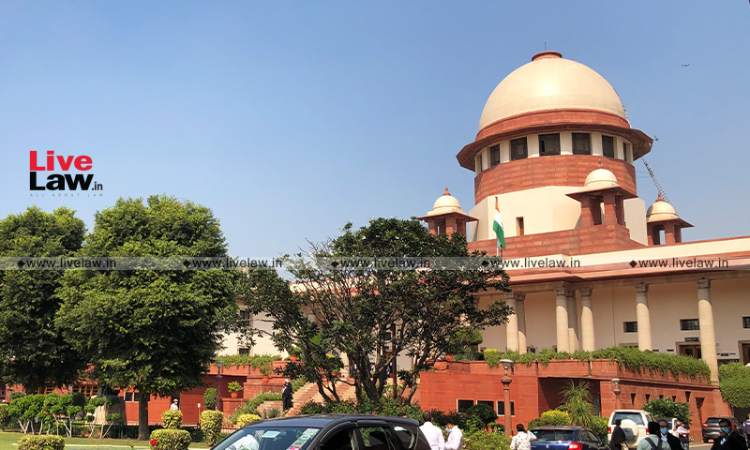Can Centre Reject CJI's Recommendation For Court Allowance To SC Staff? Plea In Supreme Court
Mehal Jain
11 Feb 2022 2:56 PM IST

Next Story
11 Feb 2022 2:56 PM IST
The Supreme Court on Friday issued notice on the plea raising the question whether, once the Chief Justice of India has decided to grant a 'Court Allowance' to the employees of the Apex Court, and sought the approval of the President under Article 146(2) of the Constitution for the same, can the Ministry of Law and Justice arbitrarily refuse approval, without assigning any reasons or referring...
